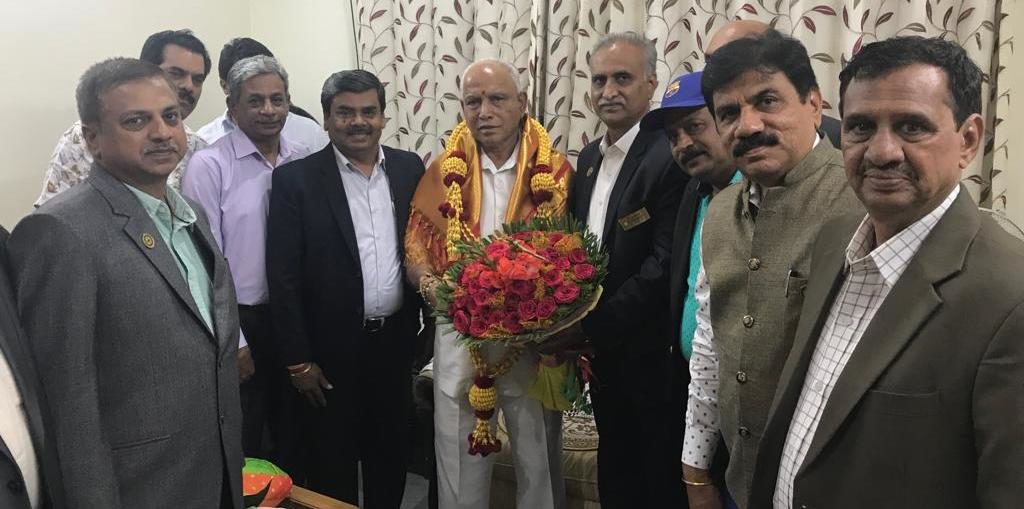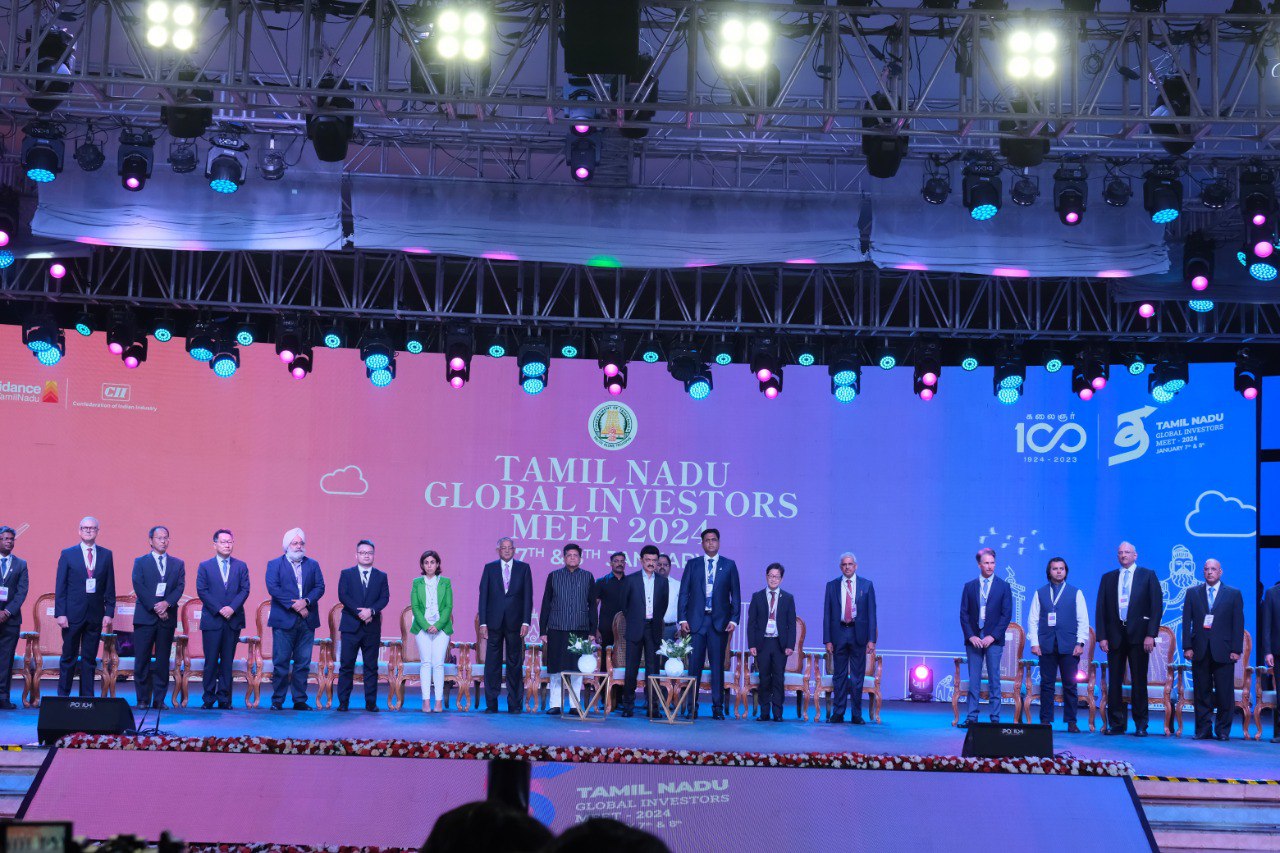Bengaluru, NFAPost: The Covid-19 lockdown impact has taken its full toll on the depleted monetary and human resources of small and medium scale enterprises in India. This comes as a big jolt as the pandemic has shown no respite to the hapless migrant workers who have lost jobs due to the endless cycle of lockdowns enforced by the centre and state governments.
Thousands of Migrant Workers Fleeing Bengaluru
Thousands of migrant workers are now returning from bigger cities like Bengaluru to their native towns for two big reasons – inability to survive the lockdown without monetary support from the government and the fear of losing lives and livelihood to the novel coronavirus pandemic.
The recent announcement from the Karnataka state government to enforce yet another mini-lockdown from 14 July to 21 July has invariably shaken the confidence of the local migrant workers. It is quite baffling to see that the state government had earlier denied any possibility of further lockdowns in the southern state.
The recent rise in Covid-19 positive cases in the state capital Bengaluru as well as the overall numbers has compelled the government to make a U-turn from its earlier promise of not enforcing any further lockdowns.
KASSIA Opposes Lockdown Move by State Government

Irked by this unsteady resolve of the government, several MSME welfare associations like Karnataka Small Scale Industries Association (KASSIA) have taken a stern stance to oppose the move vociferously.
Sri. K.B. Arasappa, President of KASSIA had conveyed a press briefing on 13 July, 2020 to brief about the impact on SMEs due to the Covid-19 induced lockdown announced by the state government.
At The NFAPost, we had the privilege of attending the exclusive video conference with the KASSIA President to understand and analyse their views on the ensuing lockdown protocol in the state.
Exclusive Video Conference with KASSIA President – Covid-19 Lockdown Impact on SMEs
During the briefing, Mr. Arasappa highlighted the migrant worker issues and pointed out that these lockdowns are no longer helping us to curb the menace of Covid-19 spread. Instead, it would be a wise move to embrace strict social-distancing measures, hand sanitisation and mandatory use of face masks at all times.
The lockdown measures have only stymied the growth of MSMEs as businesses have hit a roadblock due to raw-material supply constraints as well as severe shortage of human resources.
To add to their woes, several of these MSMEs are startup companies that are already running low on monetary resources due to the lack of funding from angel investors and venture capitalists fearing an uncertain future.
The local government hasn’t done enough to address these issues with sound economic and business policies. There seems no incentive for risk takers as the lockdowns have further weakened the state’s economic prospects as migrant workers are fleeing back to native towns with plans of rebuilding their livelihoods in the agriculture sector.
Addressing our queries, the KASSIA President explained that there was no way to bring back these migrant workers from their home towns unless the lockdowns are lifted and SMEs are incentivised with a growth-oriented business model.
We also queried if the MSMEs had any plans to launch a full-fledged ‘Make in India’ campaign in the likelihood of Chinese products getting banned in the sub-continent.
It was learned that the MSMEs were indeed upbeat about the idea of creating a self-sustained ecosystem with ‘Make in India’ products, except that they were seeking the government guidelines for the approved/finalised product listing for local manufacturing.
It may be recalled that the central government had recently enforced a complete ban on all Chinese apps being used in the country across all platforms. So, it serves as a big impetus for MSMEs to embrace the ‘Make in India’ initiative for better development and growth prospects in the near future.
As a final call to the government, Mr. Arasappa has requested a “speedy lifting of lockdown measures in Karnataka”, besides an urgent need to “emulate the social-distancing and economic-growth strategies” employed by neighbouring states like Kerala, Maharashtra and Tamil Nadu.





